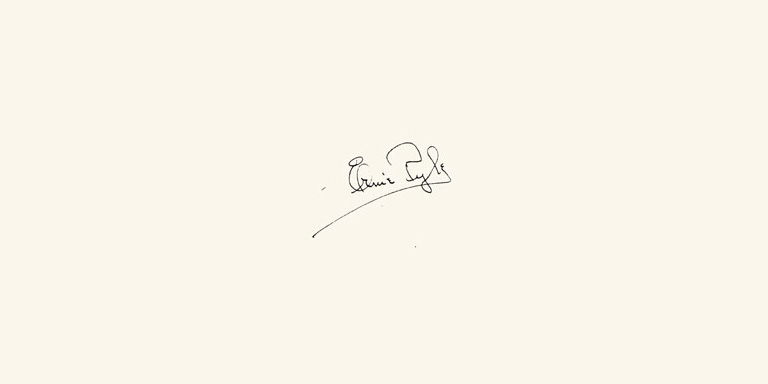Winning a battle and capturing enemy soldiers boosts morale, according to the final North African column in this series.
NORTHERN TUNISIA, May 8, 1943 – Before the first day of the great surrender on the Bizerte-Tunis front was over, I believe half the Americans in the area had German souvenirs of some sort.
There was very little of what one would call looting of German supply dumps. The Germans gave away helmets, goggles and map cases, which they will not be needing anymore. The spoils of war which the average doughboy has on him are legitimate, and little enough recompense for his fighting.
Practically every American truck has a German or Italian helmet fastened to its radiator. Our motorcycles are decorated like a carnival, with French flags and the colorful little black-and-yellow death’s-head pennants the Germans use for marking their own mine fields.
Many soldiers have new Lugers in their holsters. Lots of our men clowningly wear German field caps. German goggles are frequently seen on American heads. I got in on the souvenirs, too. I got one memento that is a little gem. It’s an automobile – yep, a real automobile that runs.
I drove back to camp that first evening in my German "Volkswagen," the bantam car the Nazis use as we use our jeep. It is a topless two-seater with a rear motor, camouflaged a dirty brown.
Mine was given me by our 1st Armored Division for – as they said – "sweating it out with us at Fa•d Pass all winter." As I drove back from the lines, Americans in the rear would stare, startled-like and belligerent; then, seeing an American at the wheel they would laugh and wave. I have owned half a dozen autos in my life, but I’ve never been so proud of one as of my clattering little Volkswagen.
*
On that first day of surrender the Germans sat in groups of hundreds in the fields, just waiting. They lay on their overcoats, resting. They took off their shirts to sun themselves. They took off their shoes to rest their feet.
They were a tired army but not a nondescript one. All were extremely well equipped. Their uniforms were good. They had plenty in the way of little personal things, money, cigarets, and food. Their equipment was of the best materials.
One English-appearing soldier had a Gem nail-clipper. He said he paid twenty-five cents for it in New York in 1939.
Some were cleanly shaven, some had three- or four-day beards, just like our soldiers. Lots of them had red-rimmed eyes from lack of sleep.
As a whole, they seemed younger than our men, and I was surprised that on the average they didn’t seem as big. But they did appear well fed and in excellent health.
They think Americans are fine fighters. They express only good-natured contempt for their allies, the Italians. As one of them said:
"It isn’t just that Italians don’t fight well. It’s simply that Germans don’t like Italians very much in the first place.
Wherever any American correspondents stopped. prisoners immediately gathered around. They all seemed in good spirits. Even those who couldn’t speak a word of English would try hard to tell you something.
*
The main impression I got, seeing German prisoners, was that they were human like anybody else, fundamentally friendly, a little vain. Certainly they are not supermen. Whenever a group of them would form, some American soldier would pop up with a camera to get a souvenir picture. And every time, all the prisoners in the vicinity would crowd into the picture like kids.
One German boy had found a broken armchair leaning against a barn, and was sitting in it. When I passed he grinned, pointed to his feet and then to the chair arms, and put back his head in the international sign language for "Boy, does this chair feel good!"
This colossal German surrender has done more for American morale here than anything that could possibly have happened. Winning in battle is like winning at poker or catching lots of fish – it’s damned pleasant and it sets a man up. As a result, the hundreds of thousands of Americans in North Africa now are happy men, laughing and working with new spirits that bubble.



